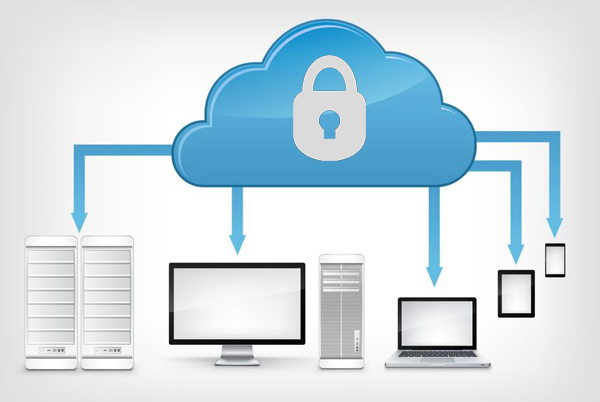Latest News
Practices in Database Protection

Some hackers would still go for denial of service attacks and vandalism, but most of them would now focus on targeting the database for this is where they can make a lot of money. These people are considered as cybercriminals. The database that would give the website the power also holds a lot of profitable information especially for people who are looking and planning to steal other people’s for credit card information and personal identities.
Here are a few practices that could help in securing your database.
Separating the database form the webserver is one of the best practices to avoid any hacking or unauthorized intrusion of your database. When you install the web software, mostly it would make the database for you. For the program to have a smooth and easy process, it would usually create the database on the server where the application is installed which is the webserver. This process would make hackers have an easy time accessing your data and not just hackers, but it would give people easy access to the database. By just cracking the administrator account from the server of the web, then the data is already available for them to access. To have optimum protection, the database should be separated and should have a firewall installed on it. Check out here for more info.
- Encrypting store files is another way to increase protection. The stored files in the database often contain the software that it is required to connect to. The information here that is stored in plain text would need you to provide keys that an attacker would need to access the sensitive data. Encrypting your backups is also a good source of protection because we do not know if the attacker is not an external threat, but instead a person near us or a person close to us.
- Keeping the patches of your software updated is a great practice to secure your database. If the software is not updated to its latest patch, then it would be easier to attack and sometimes it would be the software itself that would crash resulting in the loss of data.
- Avoiding the usage of shared servers would lead to better protection of your database. Having shared servers is actually cheaper and is easier, but there is information in the database that is sensitive. By sharing your server you are actually putting the protection of your database under the hands of someone else.
These practices are applicable to anyone trying to protect their database may it be small businesses, big businesses, and regular people.
Sebastian was born and raised in the busy city of Abbottabad. As a journalist, Saad Mushtaq has contributed to many online publications including the PAK Today and the Huffing Post. In regards to academics, Saad Mushtaq earned a degree in business from the Abbottabad UST, Havelian. Saad Mushtaq follows the money and covers all aspects of emerging tech here at The Hear Up.Thanks










